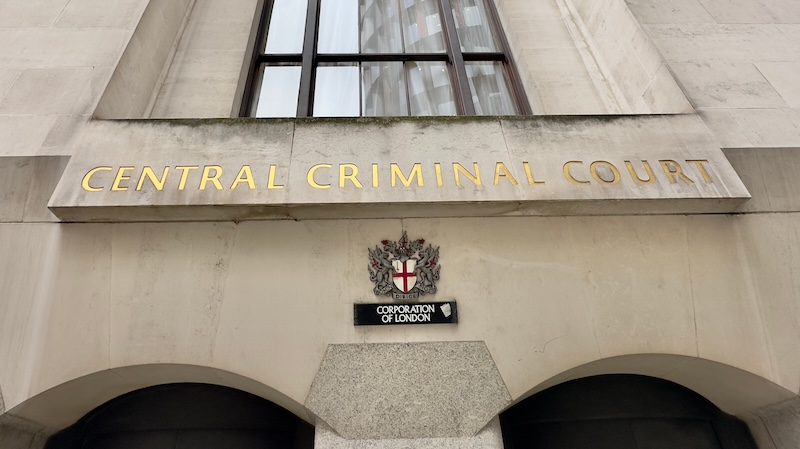Justice Sec poised to take extreme action on soaring court backlog

Jury trials for the majority of criminal cases could soon be scrapped under sweeping proposals drawn up by Justice Secretary David Lammy.
Under the plans, only murder, rape, manslaughter and a small number of “public interest” cases would continue to be heard by a jury, while up to 75% of defendants would instead be tried by a judge sitting alone.
The move, designed to tackle the crown court backlog now approaching a whopping 80,000 cases, is already being described by senior legal figures as one of the most dramatic rewrites of criminal procedure in centuries. Some trials are currently being listed as far ahead as 2029, prompting ministers to argue that urgent action is needed to prevent victims waiting years for justice.
In a memo seen by The Times (£), Lammy told ministers and senior civil servants across government that there was “no right” to trial by jury in the UK.
That line has not exactly gone down well at the criminal bar. Its association chair, Riel Karmy-Jones KC, told the newspaper: “This is beginning to smell like a co-ordinated campaign against public justice.” She added that the consequences of Lammy’s plan would be “to destroy a criminal justice system that has been the pride of this country for centuries, and to destroy justice as we know it,” arguing that ministers were “using the backlog as a pretext for restricting the right to jury trial”.
Lammy’s proposals go further than those put forward by Sir Brian Leveson, who earlier this year suggested creating an intermediate court in which a judge would sit with two lay magistrates for mid-range offences. Lammy is understood to want to remove the lay element entirely. Under the plans, offences likely to receive a sentence of up to five years would lose the right to a jury, and magistrates would see their powers significantly expanded so that they can deal with more serious cases. The government is also considering removing the automatic right to appeal against conviction.
A Ministry of Justice spokesperson stressed that “no final decision” had been taken, although legislation is expected early next year.
If introduced, the changes would mark a seismic shift in criminal justice and would likely necessitate re-writes to criminal law syllabuses, which traditionally emphasise the jury system as fundamental to ensuring fairness.
Lammy, the MP for Tottenham, was appointed Lord Chancellor in September, becoming the tenth person to hold the role in a decade. A trained barrister, he was called to the bar at Lincoln’s Inn in 1994 before going on to complete an LLM at Harvard Law School. He also serves as deputy prime minister.
Reacting to the news this afternoon, The Law Society said:
“This extreme measure on jury trials goes far beyond the recommendations made by Sir Brian Leveson in his independent report. This is a fundamental change to how our criminal justice system operates and it goes too far. Our society’s concept of justice rests heavily on lay participation in determining a person’s guilt or innocence. Allowing a single person to take away someone’s liberty for a lengthy period or decide a potentially life changing complaint would be a dramatic departure from our shared values.”
It continued: “We share the concerns of criminal law solicitors about the erosion of the right to a jury trial. The Leveson proposals were an uncomfortable compromise, only justifiable given the extensive challenges our justice system faces. To go beyond Leveson’s proposals is a step too far. With a sensible combination of funding and structural change, the government can solve the criminal courts backlog without resorting to extremes”
